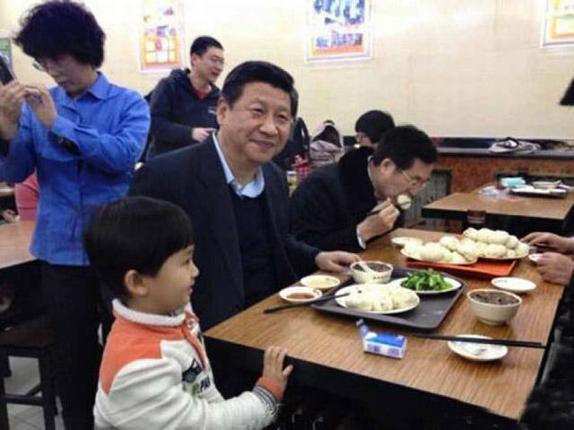Current Chinese president Xi Jinping has only been in power for a little over a year, but the country is already feeling the effects of new leadership as drastic policy changes are passed by the standing committee. Just last week, China’s infamous one child policy was eased. Now, Chinese families in which neither parents have siblings or in which the first born was a girl (in rural areas) are allowed to have a second child. The one child law, passed in the late 1970’s, was aimed at curbing China’s rapidly rising population, which would put a strain on national resources. Experts believe around 400 million births were prevented by this law. With its intended purpose in mind, one could say the controversial policy was actually quite successful. Because of this damper on population (among other factors), China was able to grow its economy at a huge pace and experience a big middle class boom. But with wealth and luxury comes eventual economic stagnation, and fears about a decreasing workforce has led to this surprising change in one of China’s ‘landmark’ policies.
Some opposed to the change believe that this will result in a too fast, too soon increase in births that may throw China back to its days of widespread poverty and overpopulation. But demographers actually estimate an increase in 1 to 2 million births, an incremental amount relative to China’s entire population. In reality, China’s one child policy was already changing much before this new modification was passed. Previously, it was still possible to have more than one child if both parents were only children, if you were willing to pay exorbitant fines, or if you lived in a rural area. This loosening of policy is just one little tweak of a highly controlled system. In large cities, towards which the original law was actually targeted, the expense of having just one child already put many parents off of having more children. Basically, many young urban parents satisfied with their current standard of living just don’t want to have any more children. Thus, an impending labor shortage was forecasted, and this change was put in place. Currently, the effect of this change cannot be assessed.
In fact, it may be more prudent to take this easing of policy as a small ideological revolution, not as a catalyst for any drastic population fluctuations. Xi Jinping governs with a new, shining “Chinese Dream” in mind. The result? Many policy changes, small and large, that represent a shift in the Communist Party’s mindset and goals. Or at least the the goals Mr. Xi imposes on it. He is spearheading a campaign aimed at stamping out corruption in China’s top levels of leadership and reducing the unnecessary spending and extravagance of some officials. New rules have been put in place banning cigarette smoking by government officials and delicacies like shark fin’s soup from official banquets. What’s next, a directive forbidding the usage of hair dye by top party members?!
But in all seriousness, Xi’s “austerity drive” is indicating a dialing back of bureaucracy and a return to old Communist ideals of equality and conservatism. At the same time, his leadership is showing a promising regard for the public. If Pope Francis is dubbed the “People’s Pope”, then Xi is trying his hardest to be the “People’s President”. In a recent visit to a humble baozi (steamed bun) restaurant, Xi’s check totaled 21 yuan, equal to about $3.47. This move led to a huge increase in demand for baozi, as Beijingers mimicked their esteemed leader. At the same time, it overwhelmingly painted Xi as “one of us”- just another ordinary man eating ordinary commoner’s food.
Sweeping changes like the easing of the one child policy or an end to prison-labor camps are definitely very important steps towards Chinese policy reform. But just as important are the small changes aimed at changing the behavior of party officials. In a nation controlled by one, unchallenged party, it really is the actions and ideals of individuals in that party that will signal real change. Might as well start at the top with Mr. President himself.

